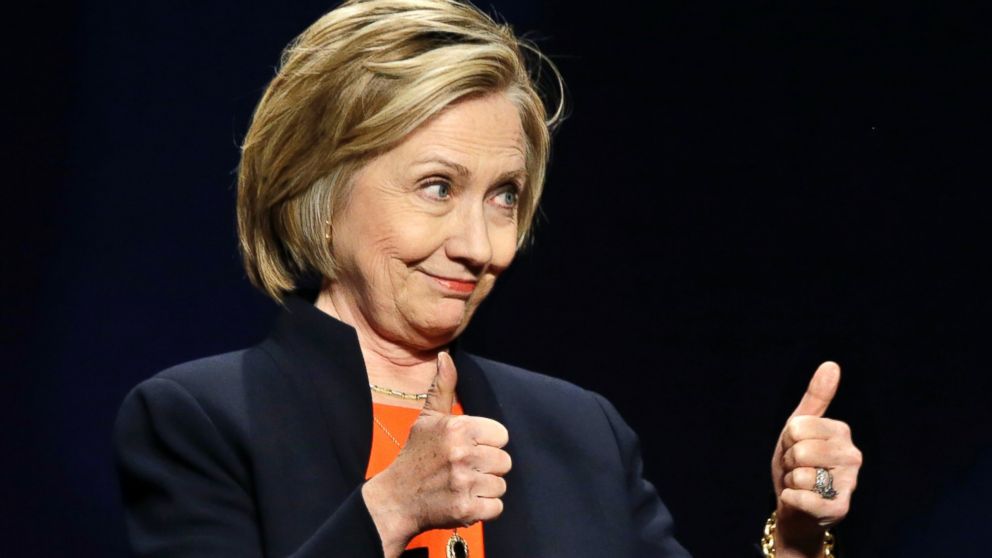Presidential Truth Serum Leads to 5 Insights Into the Campaign Ahead
Key GOP and Democratic operatives share some on the 2016 race.

— -- At an imaginary breakfast gathering of key Republican and Democratic operatives at one of the awesome Coney Island-style restaurants in the Detroit area (still a lovely place despite what ex-pat Madonna says), instead of coffee and orange juice being served, truth serum was consumed by all the participants. And some fascinating insights were gleaned when the players involved were forced to leave spin and subjectivity behind. I managed to "record" a few of the key points between bites of eggs, bacon and toast.
And here they are as best I can recall:
1. Although she holds a commanding lead for the Democratic nomination and is ahead of every GOP potential candidate, Hillary Clinton is incredibly vulnerable in the general election. Why? Because the political landscape at present will make it very hard for Democrats to win a third consecutive presidential election. In years past, the only way that has happened is when the incumbent president retains a high job approval number above 55 percent. President Obama's approval rating is in the 40s. Further, two-thirds of voters believe the country is off on the wrong track and want a different direction from President Obama's policies. This makes it tough terrain for the former senator secretary of state.
2. Though major aspects of the landscape favor the GOP in 2016 and they have achieved success around the country in 2014, the electoral college and likely demographics of the electorate in 2016 make it difficult to win a general election. With the rising Latino vote, increasing progressive rise on social issues, rising groups of voters who don't identify as regular churchgoers, and a geography that leans Democratic, it makes a win problematic for the GOP. It is possible, but the right candidate has to emerge from the GOP nomination process who can thread this difficult demographic needle.
3. While there seems an all-out pursuit of fundraising dollars and massive amount of money being accumulated in the campaigns, there was an admission that money matters less and less in winning elections. These operatives agreed that many consultants who make money off the expenditure of money have pushed the myth of the need for huge amounts of money. And that when one looks at real impact, most advertising dollars are wasted in presidential campaigns. Voters pay less and less attention to commercials because citizens control their viewing habits more, and doubt the authenticity of the marketing aimed at them.
4. There was nearly universal agreement by the operatives that many in the media pay way too much attention to tactics employed by the various campaigns, and that a better understanding of broad strategy and the political environment at hand would provide a more insightful perspective on the race and where it might be headed. Following events, hirings, television commercials and Internet tactics might be an easy story to tell, it just doesn't reveal much about the race and who is likely to capture the imagination of the American public. And that big message is way more important than big data.




